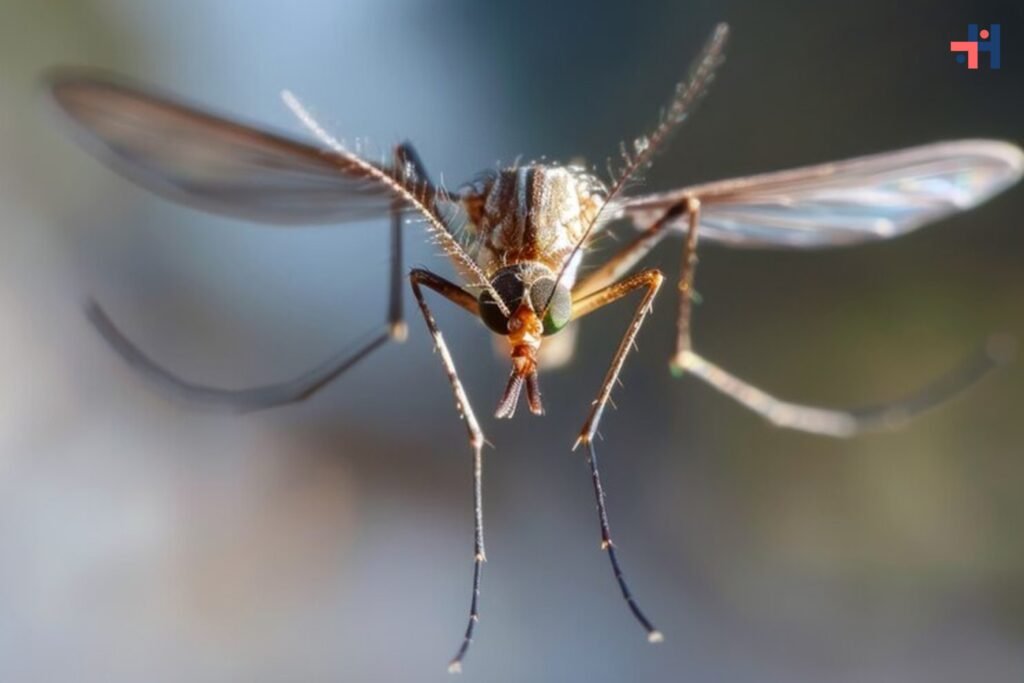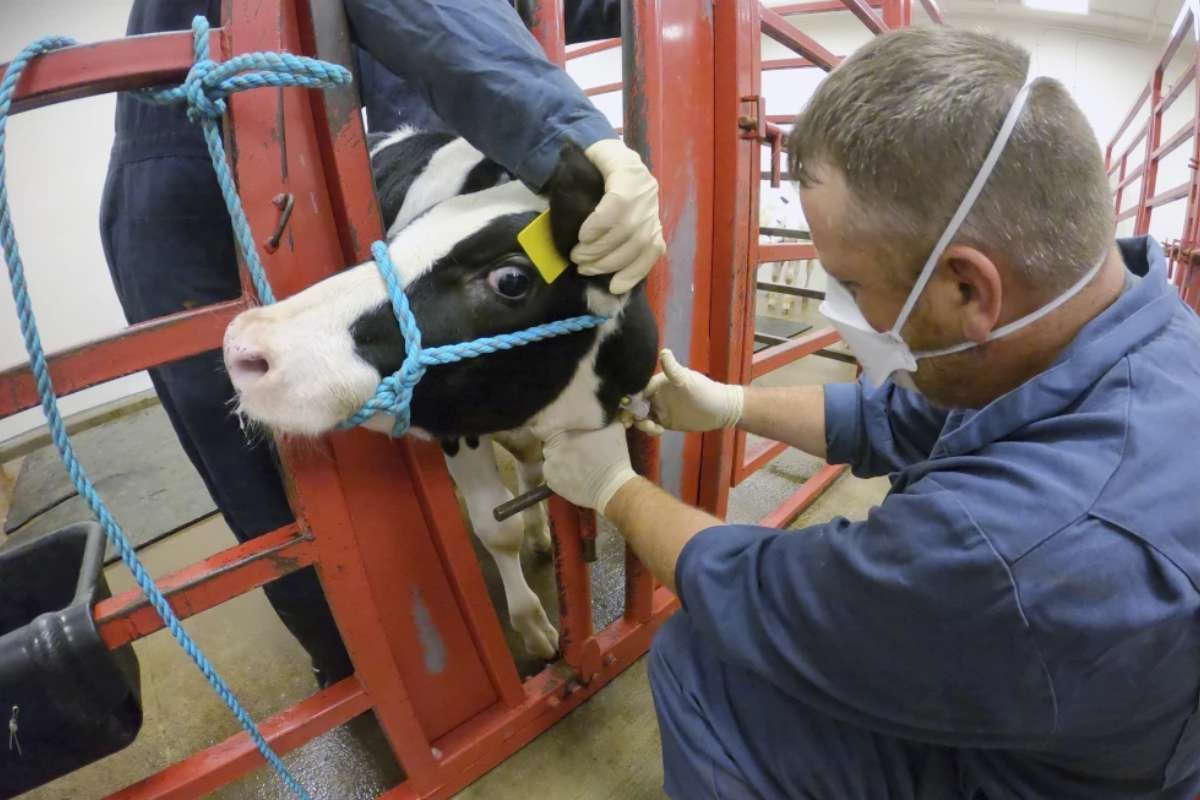(Source-onlymyhealth.com_)
The mosquito bites population is booming due to the heavy rains and flooding in June. This week, the South Dakota Department of Health confirmed the first human West Nile Virus case of the 2024 season in a resident of Beadle Country. Typically, August is when we see the most cases of West Nile virus in KELOLAND.
Symptoms of West Nile virus can range from mild to severe. With mild symptoms, you may feel like you have the flu—experiencing fever, body aches, fatigue, and sometimes diarrhea and vomiting. However, if you develop a stiff neck or a severe headache along with your symptoms, it’s crucial to see your doctor. “In bad cases, it actually causes meningitis or encephalitis, which can lead to nerve problems and brain damage,” said Dr. David Basel. “It can be really serious.”
Risk Levels and Statistics
The good news is that severe cases are rare, occurring in approximately one out of every hundred infections. Furthermore, 70 to 80 percent of people infected with West Nile Virus won’t exhibit any symptoms at all. “Our bodies will fight it off,” said Dr. Basel, reassuringly.
Despite the increase in mosquito activity due to flooding, there is optimism regarding West Nile virus in KELOLAND. “These flood mosquitoes are actually a different species than the species that tend to carry West Nile,” Basel explained. “So we are hopeful that we are not going to see a big increase in West Nile cases with all of this mosquito activity that we are seeing from the flood.”
The Primary Carrier: Culex Tarsalis Mosquito
The leading carrier of West Nile virus is the Culex tarsalis mosquito. This mosquito bites mainly feeds during the early morning and evening hours and thrives in hot, dry conditions. The state health department actively traps mosquitoes and monitors them for viruses to help manage the spread.
West Nile symptoms typically appear 3 to 14 days after being bitten by an infected mosquito. Since the virus first emerged in South Dakota in 2001, it has resulted in 46 fatalities.
Preventive Measures
To protect yourself, take preventive measures against mosquito bites. Use insect repellent, wear long sleeves and pants during peak mosquito bites activity times, and ensure your home is equipped with screens on windows and doors to keep mosquitoes out. Reducing standing water around your property can also help minimize mosquito breeding sites.
While the increase in mosquito bites raises concerns, understanding the symptoms and preventive measures can help manage the risk of West Nile virus. Stay informed and vigilant to protect yourself and your loved ones from this potentially serious disease.










